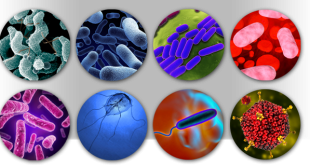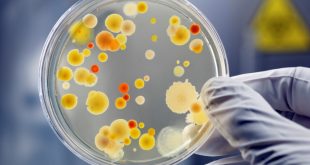Viruses are the smallest microbes on the planet. They are said to be so small that 500 million rhinoviruses (the causative agents of the common cold) could fit on the head of a pin. They are distinct in that they are only alive and capable of multiplying within the cells …
Read More »Introduction: Microbiology, Microorganism and Contribution
Microbiology (Greek word; micros “small” and bios “life”) is one of the most important branches of science which has been contributing to so many sectors like medical, soil, food, etc. Microbiology is a part of scientific study that deals with small organisms which can’t be seen by the naked eye …
Read More »Bacterial Habitats & Importance
Bacteria (singular: bacterium) are microscopic unicellular organisms that thrive in a variety of environments. These organisms can live in the soil, in the ocean and in the human gut. This organisms are available almost everywhere on our earth and are important to the planet’s ecosystems. Some species can live under …
Read More »Soil Microbiology: The Scientific Discipline of Microbial Communities in Soil
Soil Microbiology is concerned with the study of all biological aspects of the microorganisms (bacteria, archaea, viruses, fungi, parasites and protozoa) that exist in the soil environment. However, before going ahead with the discussion of the functions and facts of microorganisms in soil, first we need to know what the …
Read More » Plantlet The Blogging Platform of Department of Botany, University of Dhaka
Plantlet The Blogging Platform of Department of Botany, University of Dhaka



